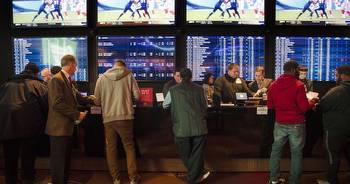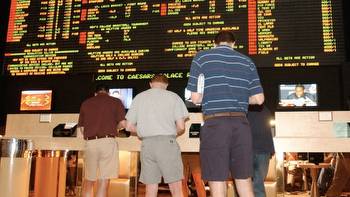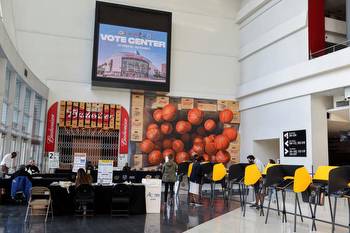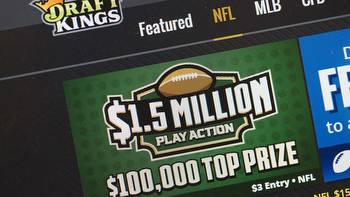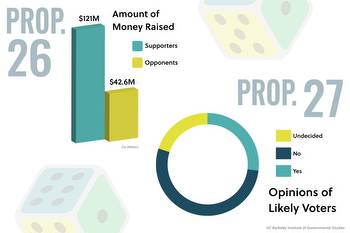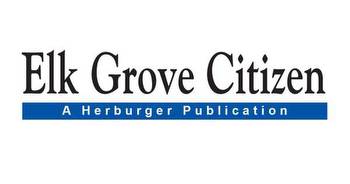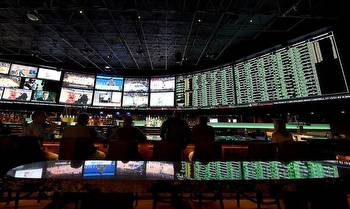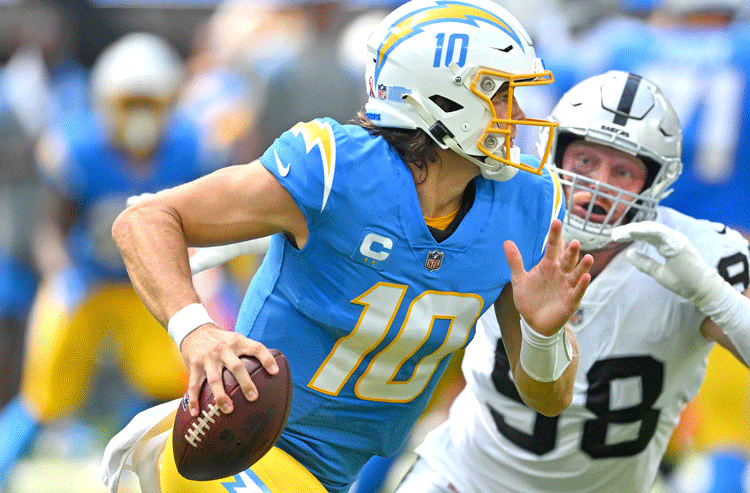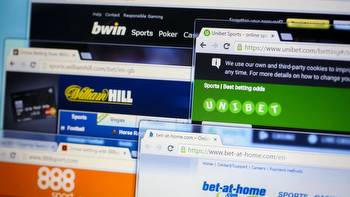Gambling on the ballot: Competing sports betting plans duke it out for California voters' favor
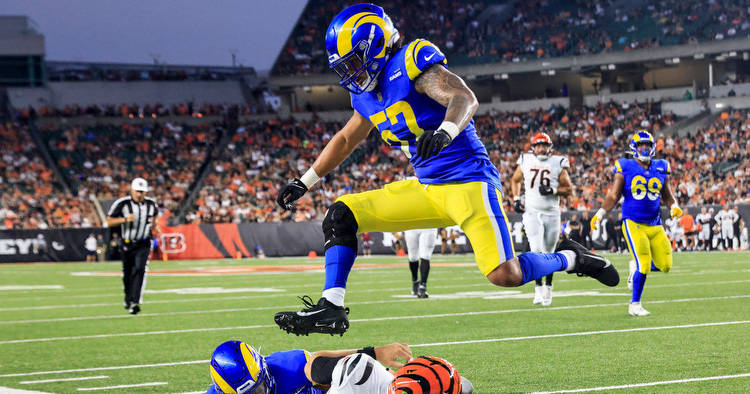
Two competing measures on California ballots in November will decide whether in-person sports gambling is allowed. The gaming industry is eager for one or both of the measures to pass. If one of them passes, California will join New York, New Jersey and the 29 other states that have legalized sports betting. The results of these ballot measures will have profound effects on Indigenous communities and funding for programs to help the homeless.
Prop. 26 would legalize sports betting at horse racing tracks and 66 Native American casinos. It has the backing of business and law enforcement groups. The majority of the profits from sports bets would go to a general state fund and the rest to gambling addiction programs and nongaming tribes. The chairman of a tribe that supports the proposition is a major opponent of Prop. 27. He says voters don't want gambling on every street corner.
Prop. 27 would allow online sports betting in California. It would be similar to the smartphone-based betting already available to residents of New York, New Jersey and Pennsylvania. A company seeking to do business in the state would have to partner with a Native American tribe to get a license under the tribe’s name. The first five-year license would cost $100 million. Ten percent of licensing fees and profits would go to a trust fund for homeless initiatives.
Both sides of the sports betting proposition have raised significant money. The state Democratic Party is neutral on Prop. 26 but opposes Prop 27. Major League Baseball has come out in support of Prop 26. The Republican Party opposes both measures. It's possible that sports fans will be bombarded with political ads during the baseball playoffs and throughout most of college and pro football seasons.
Prop. 27 is a supplement to Prop. 26. It would legalize in-person sports betting and roulette and craps at Native American casinos. Prop 26 is opposed by the state Republican Party and the Democratic Party. If both measures pass, they could be challenged in court. The court would look at the actual wording of the laws. The law expert says the courts would not find them in conflict. Proposal 27 would allow online sports gaming and require a digital gambling company to partner with a Native Indian tribe.
Prop. 26 would legalize in-person sports bets on the grounds of four privately owned horse tracks and 66 Native American casinos. It would also legalize roulette and craps at Native Americans casinos and require a digital gambling company to partner with a Native Indian tribe and pay $100 million for its first five-year license. Prop. 27 is opposed by both the Democratic and Republican state parties but supported by Major League Baseball.

